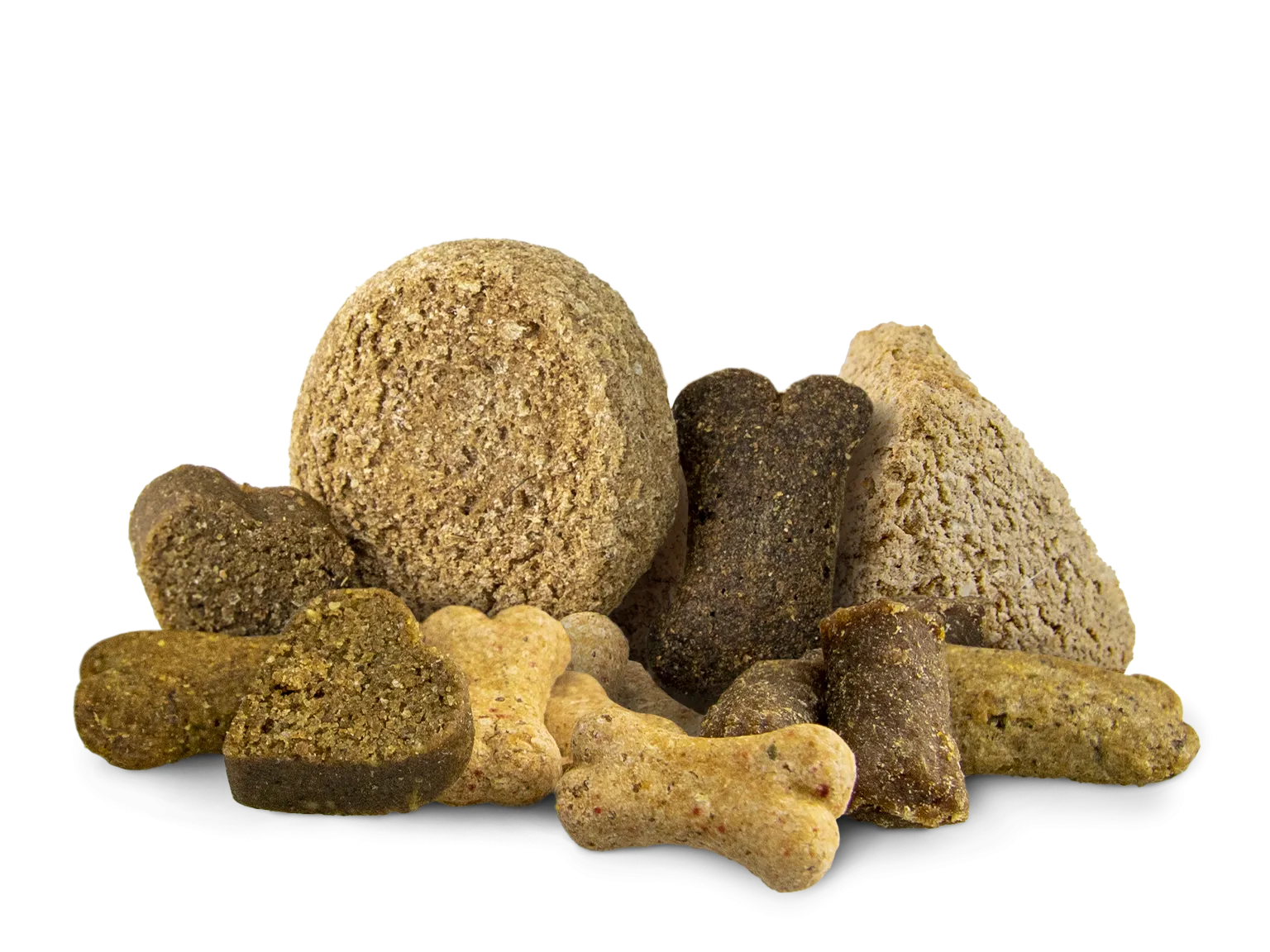Dog Snacks are more than just a tasty indulgence; they serve a variety of important roles in a canine’s life, from aiding in training to promoting dental health and providing mental stimulation. For any dog owner, understanding the world of dog snacks is crucial to ensuring your furry friend receives treats that are not only delicious but also contribute positively to their overall well-being. From rewarding good behavior to keeping them occupied between meals, the right choice of treats can make a significant difference. Explore our guide on healthy low calorie dog treats for more specific recommendations.
Why Dog Snacks Are More Than Just a Treat
Snacks play a multifaceted role in a dog’s daily routine, extending beyond simple gratification. They are powerful tools for positive reinforcement during training, crucial for dental hygiene, and excellent for alleviating boredom, especially when incorporated into engaging activities. By choosing high-quality, beneficial snacks, owners can enhance their dog’s health and happiness in numerous ways.
Training and Behavioral Rewards
One of the primary uses of dog snacks is as a reward during training sessions. Positive reinforcement, where a desired behavior is followed by a reward, significantly speeds up the learning process for basic commands and complex tricks alike. Small, soft, and highly palatable treats are often ideal for training, as they can be consumed quickly without distracting the dog for too long. This immediate gratification helps your dog associate the treat with the specific action you want to encourage, reinforcing good habits and strengthening the bond between pet and owner.
Promoting Dental Health
Certain dog snacks are specifically designed to aid in dental care, an often-overlooked aspect of canine health. Dental chews and biscuits with a firm, abrasive texture can help reduce plaque and tartar buildup as your dog chews, naturally cleaning their teeth and gums. This vigorous chewing action not only supports oral hygiene but also provides an engaging activity that can satisfy your dog’s natural instinct to chew. Regular dental care through appropriate treats can help prevent common issues such as gum disease and bad breath, contributing to a healthier mouth and a happier dog.
 Assortment of dog treats in various shapes and colors
Assortment of dog treats in various shapes and colors
Choosing the Right Dog Snacks for Your Companion
Selecting appropriate dog snacks requires careful consideration of ingredients, your dog’s specific dietary needs, and their size and age. Just as with their main meals, the quality of ingredients in treats directly impacts their nutritional value and safety. Prioritizing natural, wholesome ingredients and avoiding artificial additives is key to making beneficial choices for your pet.
Snacks for Sensitive Stomachs and Allergies
For dogs with sensitive digestive systems or allergies, choosing the right snacks is paramount. Many manufacturers offer specialized options, such as grain-free dog snacks, which are beneficial for dogs sensitive to common grains like wheat, corn, or soy. Limited-ingredient snacks are also excellent, as they contain a minimal number of components, reducing the chances of triggering an allergic reaction. Ingredients like lamb, duck, or ostrich are often used in these specialized treats due to their novel protein status, which can be easier on a sensitive stomach. When transitioning to new snacks, especially for puppies, consider options like healthy dog food for puppies that support delicate systems. For dogs with more severe sensitivities, you might also want to explore best dog food for american bully with skin allergies for diet recommendations.
 A brown dog happily chewing on a bone-shaped treat
A brown dog happily chewing on a bone-shaped treat
Age and Size-Appropriate Snacks
The needs of a puppy differ significantly from those of an adult or senior dog, and their snacks should reflect this. Puppy treats are often softer and smaller, making them easier for developing teeth to chew and digest. They may also be fortified with nutrients essential for growth. For small breeds, miniature versions of popular treats prevent choking hazards and are appropriately sized for their smaller mouths. Senior dogs, on the other hand, might benefit from softer, easily digestible treats, especially if they have dental issues or reduced appetite. Additionally, some treats can be formulated to support specific needs such as joint health for older dogs or provide a best probiotic for dogs vet recommended for digestive balance across all ages.
Incorporating Dog Snacks into a Balanced Diet
While dog snacks are excellent tools for training and enrichment, it’s essential to remember they are supplements, not meal replacements. Treats should only make up a small portion of your dog’s daily caloric intake to prevent obesity and ensure they receive adequate nutrition from their main food. Moderation is key. Always consult with your veterinarian to determine the appropriate amount and type of snacks for your dog, especially if they have underlying health conditions or specific dietary requirements. A balanced diet, complemented by healthy dog snacks, contributes to a long and vibrant life for your pet.
 Assortment of dog treats in various shapes and colors
Assortment of dog treats in various shapes and colors
Beyond Just Food: Engaging Your Dog with Snacks
Snacks aren’t just for eating; they can be integrated into interactive games and enrichment activities that challenge your dog mentally and physically. Using puzzle toys that dispense treats, for example, can keep your dog engaged for extended periods, reducing boredom and destructive behaviors. Hide-and-seek games with treats can stimulate their natural scent-tracking abilities. These activities not only provide entertainment but also strengthen cognitive functions and reinforce positive behaviors. Incorporating such stimulating activities alongside essential care like flea tick and parasite control for dogs ensures a truly holistic approach to your dog’s health and happiness.
 A brown dog happily chewing on a bone-shaped treat
A brown dog happily chewing on a bone-shaped treat
Choosing the right dog snacks is a thoughtful process that goes beyond simply picking up a bag at the store. By focusing on quality ingredients, understanding the specific needs of your dog’s age, size, and health, and practicing moderation, you can transform treats into powerful tools for training, dental health, and overall well-being. Always remember that a veterinarian is your best resource for personalized dietary advice, ensuring that every snack contributes positively to your beloved canine’s health. Make informed choices and enjoy the joy and bond that responsible treat-giving brings.
